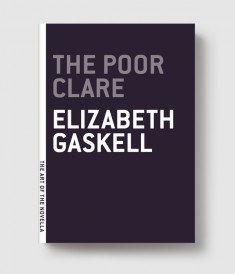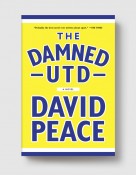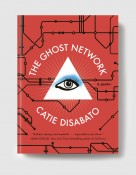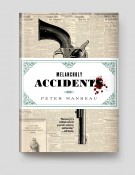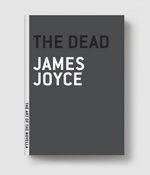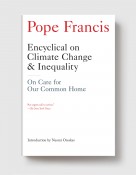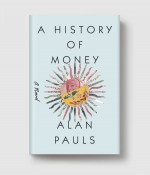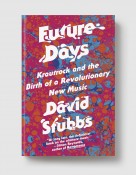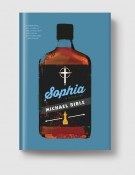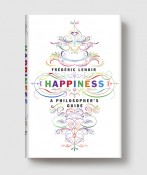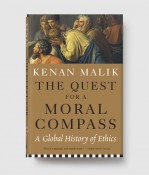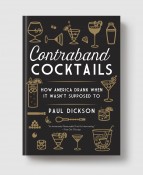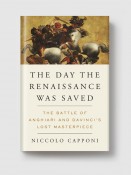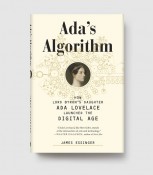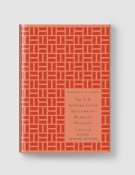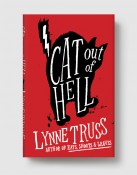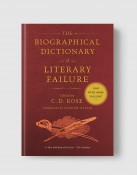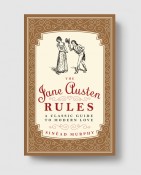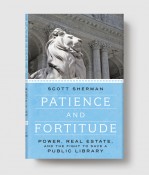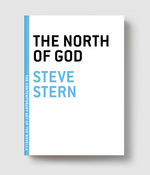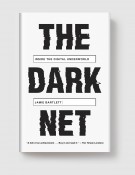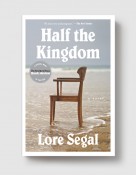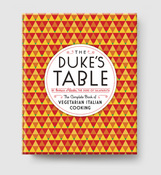A departure from the stories Elizabeth Gaskell wrote for Charles Dickens’s Household Words magazine, The Poor Clare is a dark, gothic novella of thwarted love and a family curse that vividly illustrates the social tensions of Victorian England.
The purposeful slaying of lonely Bridget’s beloved dog unleashes a torrent of rage that surges down through the generations. In her desire for revenge, Bridget utters a fearsome curse upon the dog’s killer: All that the murderer loves most, he will lose.
This haunting story of “the sins of the father being visited upon the children” brilliantly shows off Gaskell’s pioneering understanding of the tensions between Catholics and Protestants, and the harsh realities of class society. The Poor Clare stands as an innovative and exciting gem in Elizabeth Gaskell’s oeuvre.

ELIZABETH GASKELL (1810-1865) was born Elizabeth Stevenson in London, the daughter of a Unitarian minister who resigned his position on conscientious grounds. Her mother died a year after her birth, and Gaskell spent her formative years in the care of relatives in northern England. In 1832, she married William Gaskell, a well-known Unitarian minister, and joined him to work among the poor for social reform. They had four daughters, as well as a son who died in infancy. His death left Gaskell so distraught that she began writing for distraction. Her first major success was the novel Mary Barton (1848)—published, as were her first several works of short fiction, under the pseudonym Cotton Mather Mills. For many years, she also wrote regularly for Charles Dickens’s magazine, Household Words, contributing stories and a serialized novel, Cranford. Meanwhile, the Gaskells’ home in Manchester became a popular stop for writers and reformers, including Dickens, Harriet Beecher Stowe, John Ruskin, and Charlotte Brontë, who became a close friend. After Brontë’s death, her father, Patrick Brontë, asked Gaskell to write her biography. The Life of Charlotte Brontë proved a pioneering and controversial psychological study of Brontë’s family life, and remains perhaps the most important book on the writer. Gaskell died of a heart attack in 1865. A memorial to her lies at Poets’ Corner in Westminster Abbey.
